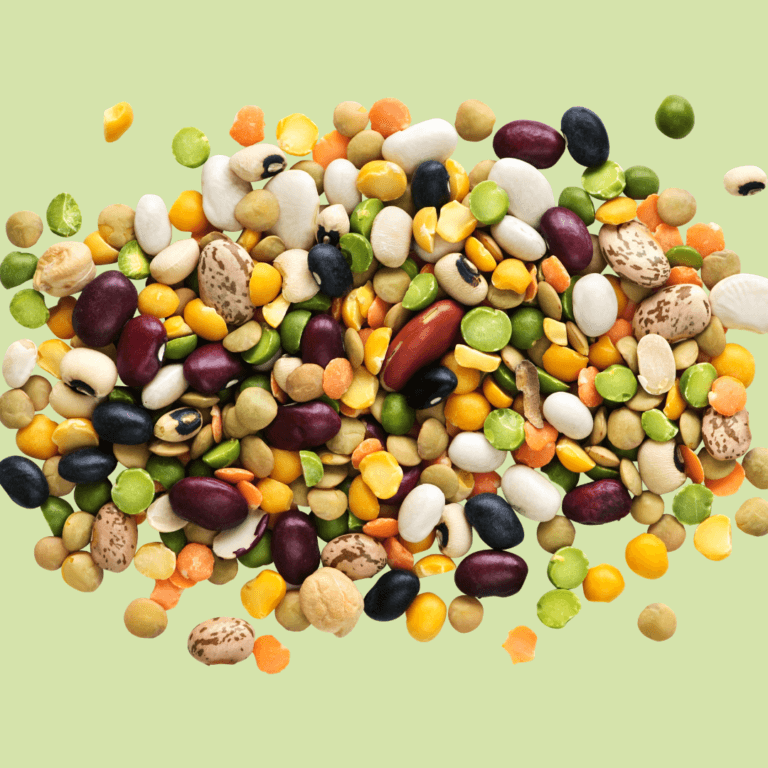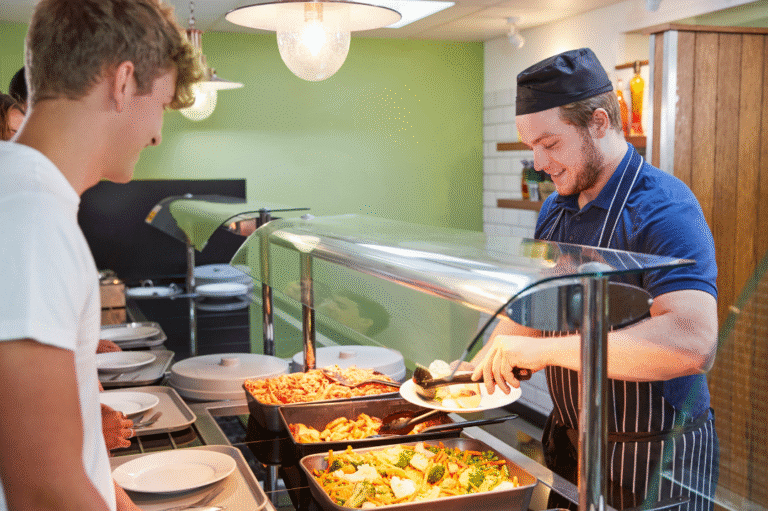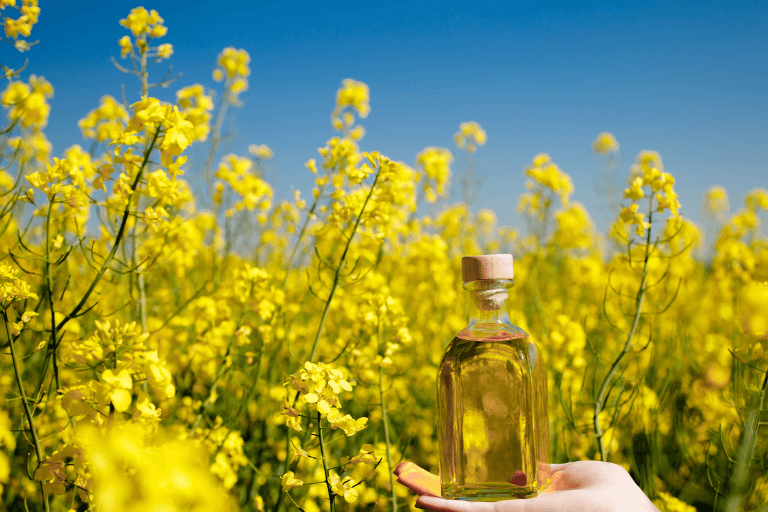On Christmas day alone, we consume on average 6000 calories – around three times what an adult needs. It can be so easy to add calories over the festive period, so it’s a good idea to keep active. One small sausage roll (about 100 calories) would take around 25 minutes to walk off, while you’d need to walk for around an hour to burn off the calories in one mince pie (about 250 calories) (British Heart Foundation calories calculator).
Christmas dinner can be highly nutritious. For example, turkey is low in fat and high in protein with the lighter meat having slightly fewer calories than the dark meat. For healthier roast potatoes use unsaturated vegetable oils like rapeseed oil rather than goose fat and by spraying or brushing the oil you should need less. Larger cut potatoes will absorb less fat than smaller ones too. Roasted vegetables are high in fibre and bursting with vitamins and minerals. Add plenty veg to your plate first and avoid adding calories to them by using chopped herbs or lemon zest rather than butter to add flavour.
Here’s my 5 tips on how to have a healthy diet over the festive period:
- Stay hydrated – Recommendations are around 8 glasses (200ml) non-alcoholic fluids a day to stay hydrated. Water is a great choice but tea, coffee, unsweetened fruit juices also count. You could try making a non-alcoholic mulled wine by warming fruit juice and adding some cloves, nutmeg and other festive flavours.
- Eat breakfast – Even on Christmas day, breakfast is still an important meal to have. A healthy breakfast will help to kick start your day by controlling your hunger and blood sugar levels – leaving you more in control when tempting foods are on offer mid-morning! Add some dried cranberries and cinnamon to your porridge or have some wholemeal bread with eggs and smoked salmon for a festive breakfast.
- Healthy snacking – Healthy snacks include scones and fruit loaf as they are low in fat and if you opt for the wholegrain varieties, they will add to your fibre intake and help you feel fuller for longer. Fresh, canned or dried fruit all count towards your 5-a-day, for example 2 satsumas or 3 dried dates equals one portion. Popcorn with festive flavours such as cinnamon are great to have to hand and roast chestnuts are the only low-fat nut around, so roast a few and have these in place of salted peanuts. Keep healthy snacks in view, so that if you’re tempted it’ll be easier to choose rather than trying to find the chocolates in the back of the cupboard.
- Take your time – It takes your brain about 20 minutes to realise that you’re actually full. Eat slowly and chew your food thoroughly – savour the flavour! A study including 30 adults found that those who ate their meals slowly, consumed significantly fewer calories and drank significantly more water than when they ate at a faster rate (Andrade et al, 2008).
- Have fun! – Christmas is only once a year and if you do indulge, its best to do so without feeling guilty! A study of almost 300 adults (Kuijer and Boyce, 2014) found that those who ate ‘treat foods’ and felt guilty weighed MORE than those who ate it in celebration, without any guilty feelings! So, it’s all about moderation, without banning any treat food.
! Have a very happy and healthy Christmas !






